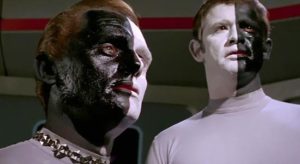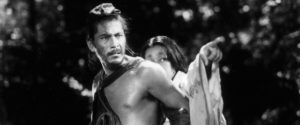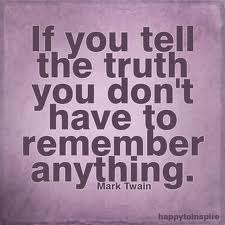
By Catherine Viel, August 21, 2022
(Golden Age of Gaia)
August 20, 2022
It is human nature to listen to witnesses and decide who is telling the truth…[the woodcutter’s] problem is that he has heard the same events described by all three participants in three different ways—and all three claim to be the killer.
~ Roger Ebert, review of Rashomon

I’ll start with a sweeping generalization: everybody’s memory of everything is suspect.
It’s not that we don’t want to be accurate with our recollections. It’s just that, with the probable exception of photographic recall, human memory seems inherently and irreparably flawed.
All you have to do is spend five minutes in an Alzheimer’s ward to witness the overt version of this. People with memory impairment exist in a world unrelated to what we’re pleased to call “reality.“
And yet, those memory-impaired people are convinced, to the marrow of their bones, that what their mind offers as an event that happened is true. The staff or family who were present during the presumed event all agree that it didn’t happen (“No, Grandma, the Mafia did not try to abduct you”). But it’s usually impossible to convince the memory-impaired person of this fact.

My wise writing teacher from the 80s and 90s, Bill Richardson, frequently brought up the 1950 Japanese movie Rashomon. I never saw it but he talked about it so much I feel as if I did. Bill said it depicts the story of an event as told from the viewpoints of different characters.
The story is completely different from person to person. They might as well have been witnessing different events, separated by galaxies and black holes.
Which brings up another part of this puzzle: perception. What different individuals believed and perceived at the time of the event affects how they recall it later.
I trust my own perception, belief, and memory…until they morph into a different belief, perception, or memory. Regarding the exact same thing.

The thing, the event, the static object of perception, did not alter. Only the eyes with which we see, the mind with which we think and remember, and/or the heart with which we believe, shifted.
Then there’s the trail of speculation prompted by questioning what is real and if reality shifts based on our viewing it. Some would argue that the “static object of perception“ does indeed shift when we bend our thoughts upon it, the way water changed shape during those experiments by Dr. Emoto. A topic for another day…
*****

Curiously enough, I don’t mind that my memory can’t be trusted. Letting go of the need to remember the facts correctly can enable me to extend that courtesy to other people.
It also makes it easier to remain neutral when I observe people expressing their truth, and there’s no relation to what I consider to be truth.
Maybe we’re just seeing things differently, from our inevitably different perspectives. Perhaps we’re all acting out a large-scale version of Rashomon, and our only real quest is to get to a point where we acknowledge that the reality reported by the other actors can be just as valid as our own.
